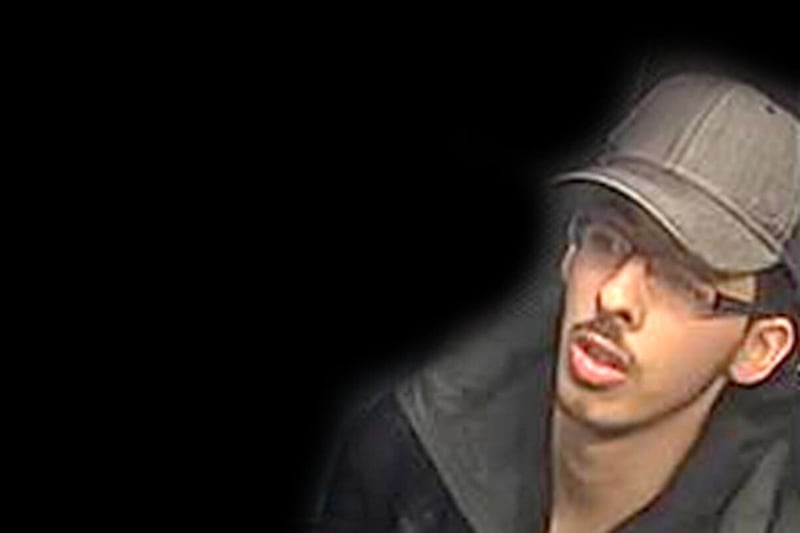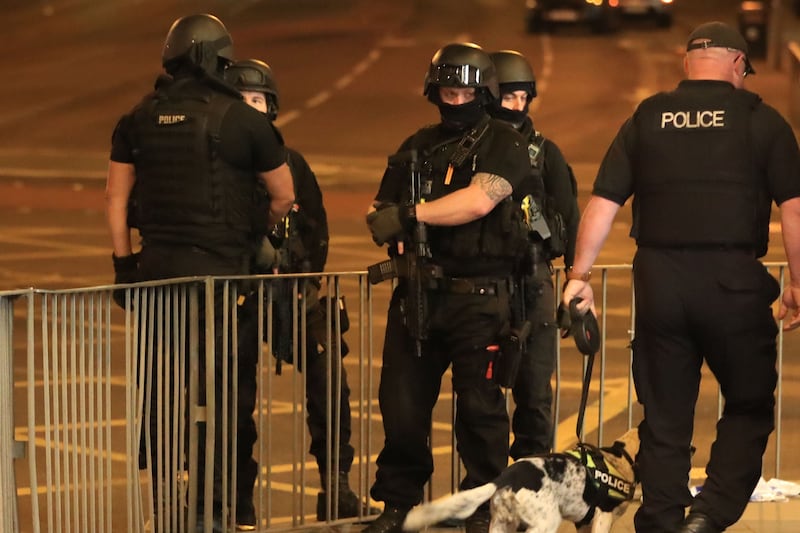MAYBE I'm not the only parent in this part of the world who thought that our days of trying to explain to children why innocent people die in explosions were over, but the suicide bombing at the Manchester Arena last week shattered that particular notion.
The scale of the deaths and extent of the injuries are difficult to take in, but the fact that it happened at an event heavily populated by young girls seeing their pop princess, with many perhaps attending their first major concert, added to the awful sense of poignancy and despair.
I was teaching in Leeds for a few days last week, and it was notable that everyone seemed to be quieter in the days after the attack, some acknowledging that they knew friends of friends who were at the concert venue some 40 miles away, all of whom had a lucky escape.
It brought me back to a time in my own growing up, in the 1970s and 80s, when we regularly heard these kind of near-miss stories of how someone narrowly avoided being in the wrong place in the wrong time, and when my parents tried to explain why people, some of whom we knew, were killed and why it might be best not to ask to many questions.
However, the children of this generation have grown up in a different milieu and the mass deaths such as those witnessed in Manchester have usually seemed to happen in other parts of the world, fleetingly chronicled in news bulletins. Last week’s events mark a new departure.
So what can you tell your children if they are asking about this incident and the traumatic loss of life generally? As always, routine and structure help promote feelings of safety and containment, so crucial for wellbeing and security. For children under seven, there may not yet be a clear concept of the finality of death, and giving them time and space to ask questions or raise concerns is always helpful. A little book to draw or write questions or worries in can also be useful.
Older children, who recognise that when someone dies they will not come back, will almost certainly need more clarity. This can be provided by encouraging children to ask whatever questions they want, and to reassure them that they will never knowingly be placed in harm’s way or in any danger by their parents.
It is also comforting for children to know that even in the most difficult of situations, people in time can recover from injury and even get on with life, albeit a different life when someone close to them dies. This can come from our own experiences of loss, or from other people we know.
Of course, the question I am finding hardest to answer is why? I am reminded of my own parents’ stoic replies to me, but despite eight years of studying psychology at university and working in the field for over 20 years, I can’t seem to find any better answer.
So I reassured our child that she is very loved, that both parents work hard at making sure we keep her and us safe, and that we will always try to be there for her. It’s not much, I know, but at least it's honest.
The people of Manchester are determined that they will honour the memories of the dead and injured while getting on with their lives; Ariana Grande has committed to return to Manchester to play a benefit concert – and perhaps this is the best response.
:: See cruse.org.uk for further information. Dr Paul Gaffney is a senior clinical psychologist.








